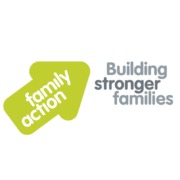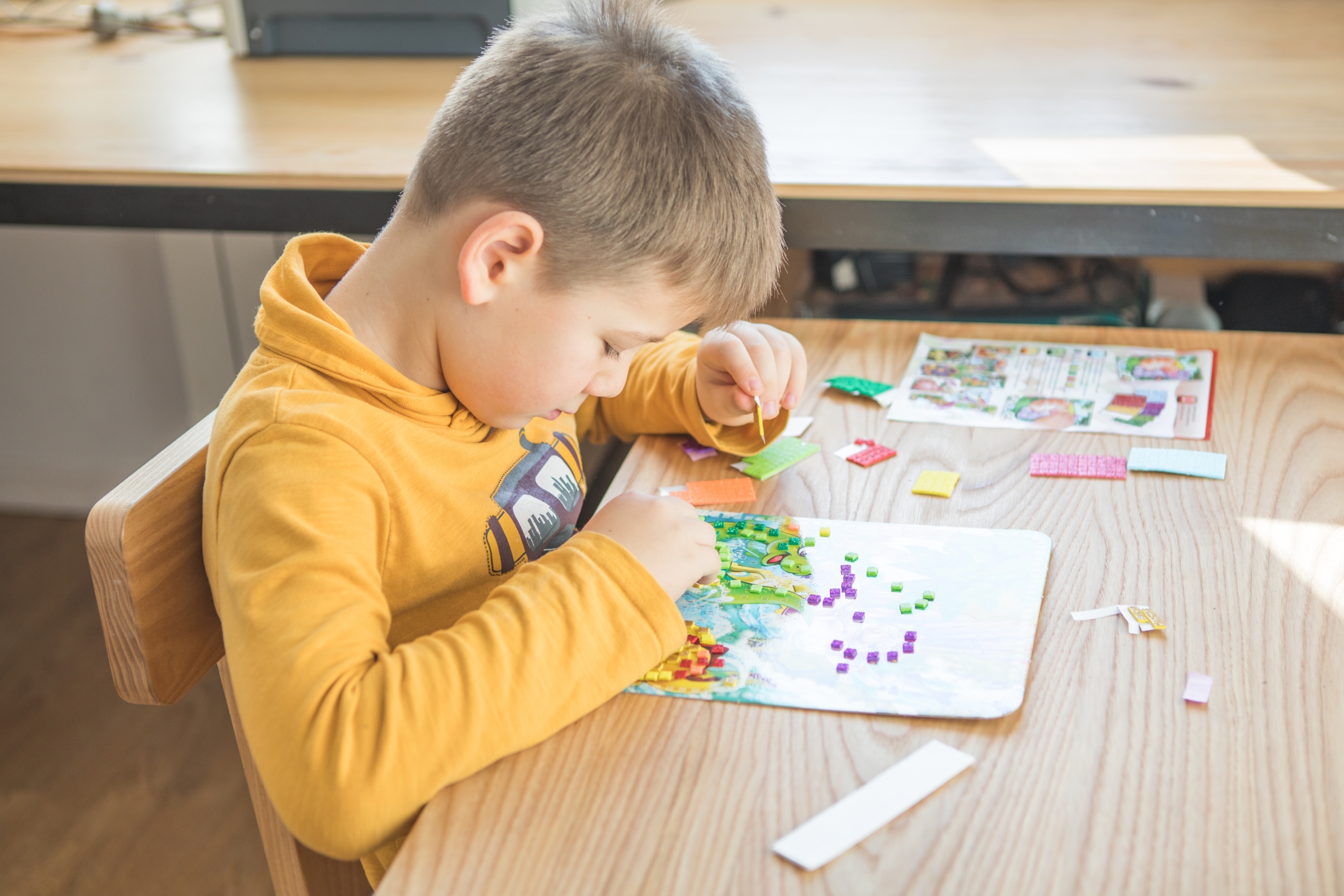You’ve all been cooped up together in the house. You’re frazzled. You’ve had too much caffeine and too little sleep. Your partner needed to go into work and your otherwise delightful children seem to find something new to argue about every ten minutes. Why can’t they just get along? (Sound familiar?)
The holidays can be like a marathon for families with young children, as the safety nets of nursery, school and more fall away to confront us with long days of parenting. This can be even more tiring when you’re a single parent or your partner works.
Enter Diane Scallon. Diane is the Project Manager of Family Action’s Manchester Children and Parents service which runs evidence-based parent programmes to preschool children and their families. The programme is designed to build the foundations parents and children need to develop a strong relationship. It involves helping parents coach and support their children’s emotional and social development, before setting limits and boundaries and handling misbehaviours. Diane has prepared a few takeaways you can try out right now.
 1. It’s not personal
1. It’s not personal
Children don’t come into the world knowing how to behave, yet many parents still expect their children to instinctively know how to have manners, be kind and share. It’s something worth bearing in mind as we try to understand and stay calm when faced with any misbehaviour.
2. Be present
Young children have limited concentration so need our help to maintain focus, and that includes during play. If you’re not around to engage with siblings, their behaviour can become problematic, often leading to squabbles and arguments.
Obviously, you can’t play with your children every hour of every day, but they do need positive attention and praise from you on a regular basis. For instance: “I can see how you’re both playing so calmly together. I’m so proud of you!” When you respond positively to your children in this way, the payoffs for both sides will be worth it. Enjoy the time with your children while they’re young. Before long they’ll be grown up – and we don’t get that time back!
(Of course… Don’t forget to take care of yourself! When your children have gone to bed, run a bath and take some ‘me time’. Make sure you relax as much as possible and always be kind to yourself, whenever you can).
3. They’re often looking for attention
The main thing children want from adults is attention. If they’re not getting it for positive behaviour, they’ll try the opposite – which can include falling out with their brother or sister. Sibling rivalry is quite normal in families and it’s up to the parent or carer to manage this without punishment; try praising any positive interactions between the children concerned. The result will be to reinforce the positive behaviour you want to see.
“Reduce the amount of attention children get for bad behaviour”
4. Enjoy child-led play
We’ve found that just 10 to 15 minutes of child-led play each day can work wonders for behaviour. This is a play session where the child plays and you’re an engaged observer – showing a keen interest but not leading the activity in any way. Describing what the children are doing whilst playing is an excellent way to show your child you are totally engaged with them. Letting the child take the lead in play not only supports their overall development but, can also have a huge impact when you need to set limits on their behaviour since it reduces power struggles – through them having control while playing. Have fun playing with your children!
5. Prevention is better than a cure
Prevention is the best cure especially, where sibling arguments are concerned. Instead of waiting for the conflict to start than telling children off for not getting on together, praise good behaviour as soon as you see it! Say simple things like: “Well done for passing that toy and sharing with your brother/sister.” This relates back to the point about attention earlier, so again you’re acknowledging and positively reinforcing the behaviour you want to see from your children.
 6. Try distraction instead of attention for negative behaviour
6. Try distraction instead of attention for negative behaviour
Research shows that when children are in conflict, parents telling them what they have done wrong or who is at fault simply isn’t helpful. If your child is mid temper tantrum or in an angry state (deregulated), chances are they’ll not be listening to you anyway.
It’s more helpful to distract the situation. Then when both children have calmed down, talk about being kind and sharing, whilst modelling other social skills you want your child to learn. The simple aim is to reduce the amount of attention children get for bad behaviour – so if you and your partner want to discuss what happened and how you managed the situation, wait until your children have gone to bed!
7. Be a good role model
Nobody is perfect, but we sometimes forget what massive role models we are for our children. How many times have we heard small children copy adults? If we shout, children will shout. If we swear, children will swear and so on.
In the same way, if we demonstrate good manners, children will do the same. If we’re calm and kind to others, children will learn that’s how they should also behave. As a result, siblings will behave in a calm way with one another – so you can then praise and reinforce their positive interactions!
Although it’s perfectly natural for siblings to bicker and argue, it can be very frustrating. Our top tip? Just have fun with your children and make the most of your time together this summer!
If you feel like you’d like to chat with someone about any aspect of family life you can contact our free FamilyLine service for support and guidance.
Have you tried any of the above tips with your children? Share your most successful sibling strategy with other parents on social media and make sure to tag us !










